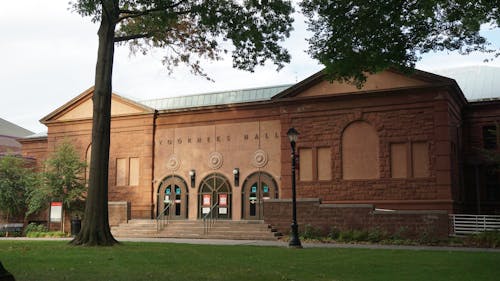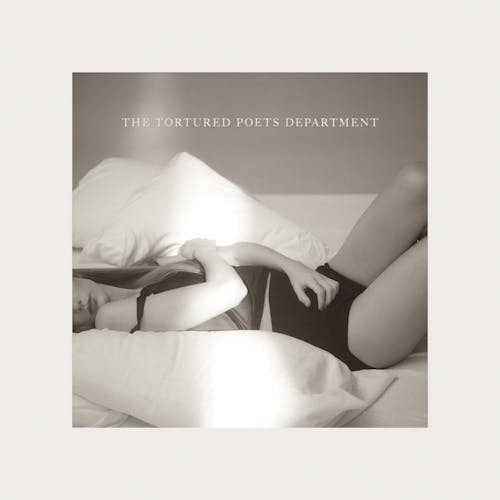Rutgers film festival transcends cultural boundaries, expands cinematic horizons

The 2024 Film Festival: New Assemblages in Latin America and the Iberian World is a Rutgers-affiliated event that expresses different Indigenous and Latino cultures through the art of filmmaking. Since February, it has streamed feature-length films, along with occasional in-person screenings.
The Daily Targum sat down with the curator of the festival, Mildred López Escudero, a Ph.D. student in the Spanish and Portuguese department, to talk about diversity in the curation process.
"By incorporating diverse perspectives and experiences, the selected films encourage essential discussions about equality, justice and inclusion," said López. "They allow us to explore our evolving World from various viewpoints, promoting empathy and understanding among diverse audiences."
With an IDEA Grant from the Division of Diversity, Inclusion, and Community Engagement (DICE), the Assemblage not only promises to let viewers hear new voices but gain a new relationship between culture and nature.
The festival, which is set to run until April 16, features six films which span different genres and regions in Latin America, like Spain and Mexico.
"We've curated five documentaries and one fictional film based on a real historical event," said López. "These films offer fresh and insightful perspectives on how global issues are perceived and addressed in different parts of the world, providing viewers with a new lens through which to examine their own beliefs and biases."
One of the standouts of the festival, the Colombian feature "Between Fire and Water," is a poignant documentary that explores concepts of identity, past, spirituality and family ties.
The film, which was available to stream from March 18 to April 1, follows a young Afro-Colombian, Camilo Jojoa, adopted by a Quillasinga Indigenous couple. Feeling unable to fit in, he begins to rebel and search for his biological mother. The film follows Jojoa's journey as he learns to accept himself and his culture.
Even with these themes underlying the entire film, it still maintains a slice-of-life component — there's many scenes dedicated to Jojoa's adoptive family gardening, planting potatoes and preparing dinner.
The style feels unobtrusive. It's a slow burn that embraces the beauty of nature, meditation and relationships. In only a few, experimental visual sequences, do directors Anton Wenzel and Viviana Gómez Echeverry ever accentuate the story. This makes the production feel personal — it's rare to see people framed like this in big-budget Hollywood productions.
"When audiences watch movies in languages they're not familiar with, it raises awareness about the existence of diverse people and cultures," said López. "(It connects them) with the world beyond their own experiences."
While it may be daunting for viewers to step outside their comfort zone, López sees it as necessary for enriched understanding.
"It's important to acknowledge the power of cultural tools such as films, which play a critical role in informing, entertaining and sparking healthy debates on various social issues like migration, diversity, youth and the environment," said López.
The Assemblage is now streaming "Sediments" until April 15. The festival is also hosting an on-campus screening on April 9 for "Oklahoma Mon Amour" at Voorhees Hall on the College Avenue campus, followed by a Q&A with director Carolina Rueda.



